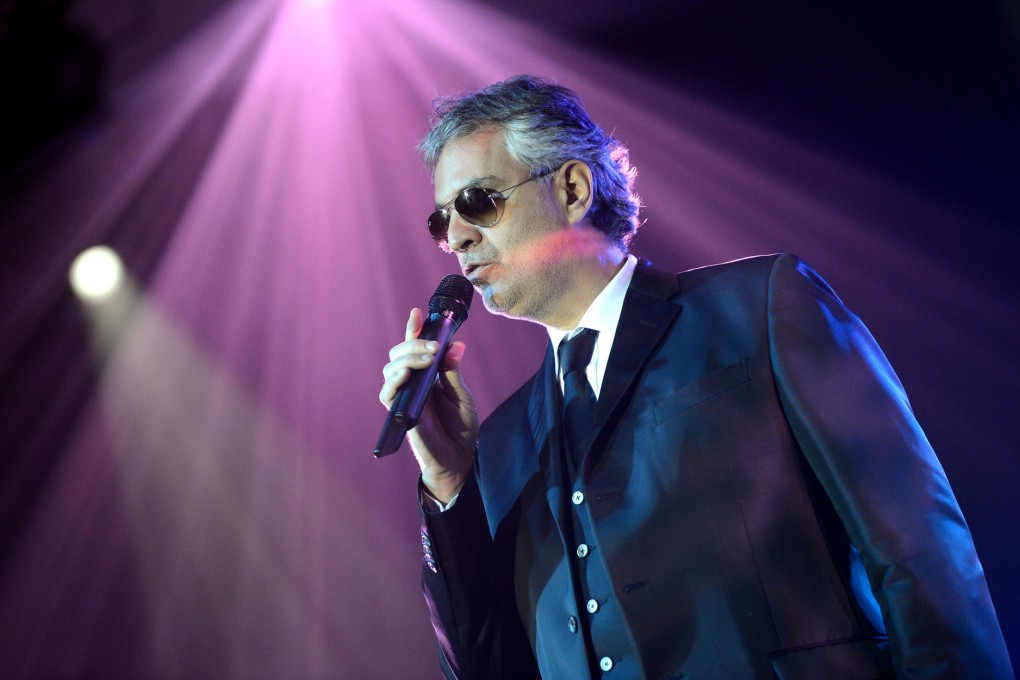Passionate and beloved
Andrea Bocelli's lyrical voice and love of music has helped the Italian singer sell nearly 80 million records and perform to sell-out audiences worldwide, writes Victoria Finlay

If tenor Andrea Bocelli could take only one record with him to a desert island, he knows what it would be. "I would select L'improvviso ( Un dì all'azzuro spazio) from the opera Andrea Chenier by [Umberto] Giordano, in the unforgettable edition by Franco Corelli," the 54-year-old singer says in an e-mail interview.
The aria was one of the first classical recordings (he prefers to call them "lyrical" recordings) he owned and was a gift from his nanny, Oriana. "This is the piece of music through which, as a child, I first heard the voice of the person who many years later would become my teacher … That certainly marked my destiny and it still thrills me today," he says.
Bocelli once said Corelli's voice was one of those that had "tears inside" and it is perhaps for that high emotional aspect of the lyrical voice that Bocelli has himself become most celebrated.
He is said to be the most successful Italian singer since Luciano Pavarotti, who died in 2007. He has sold nearly 80 million records since 1994, and performs around the world to sold-out arenas with thousands of people willing to pay high prices for tickets - at his next show in Hong Kong, which takes place on May 3, the cheapest seats are HK$780 and the most expensive nearly HK$4,000.
In a world full of talented tenors, Bocelli's success is due to more than just talent. Some might say it is the combination of the poignancy of his voice with the unashamed sentimentality of his songs - which are from both operatic and pop traditions. They might also say that Bocelli is not only the Italian tenor who sings the music of the people: he is the Italian tenor who sounds as if he knows what it is like to be sad.